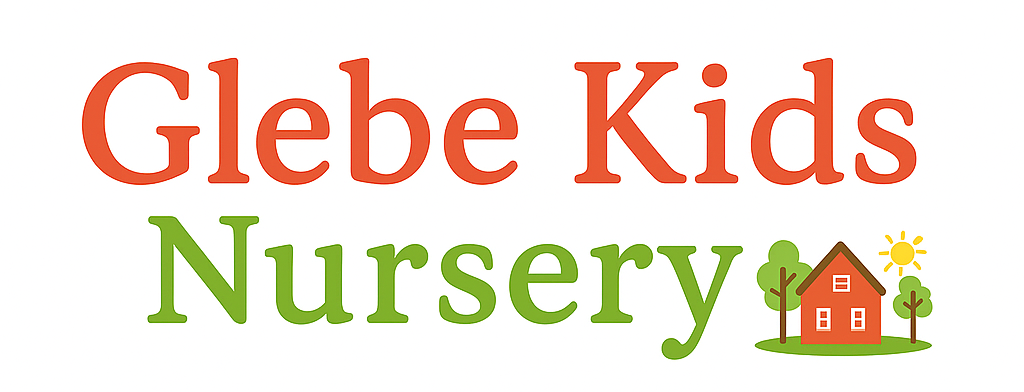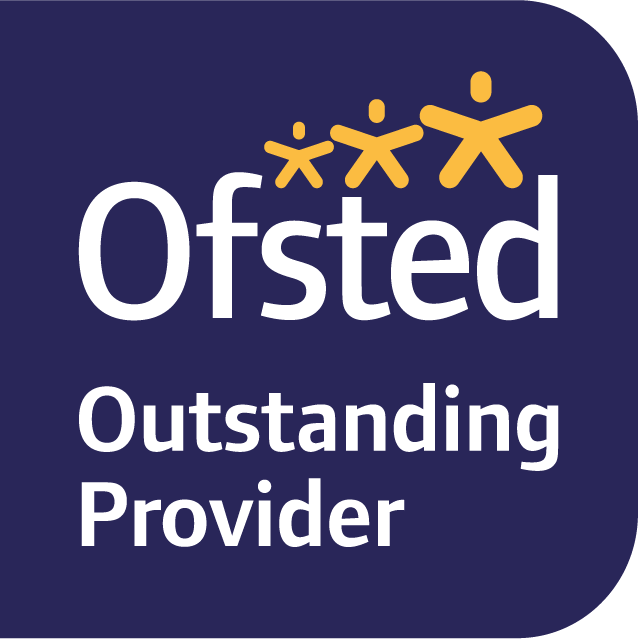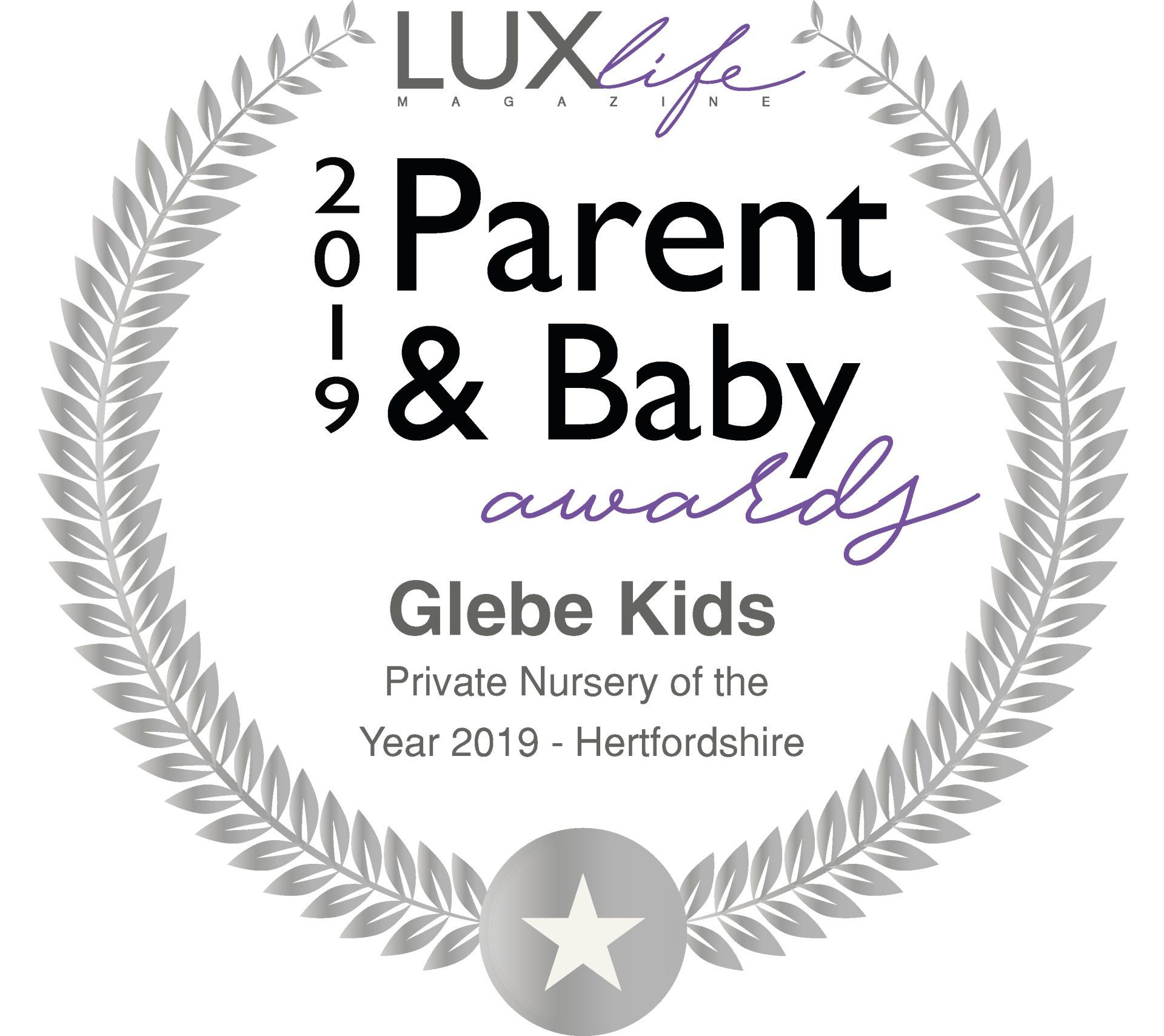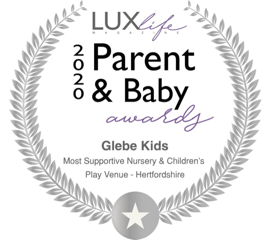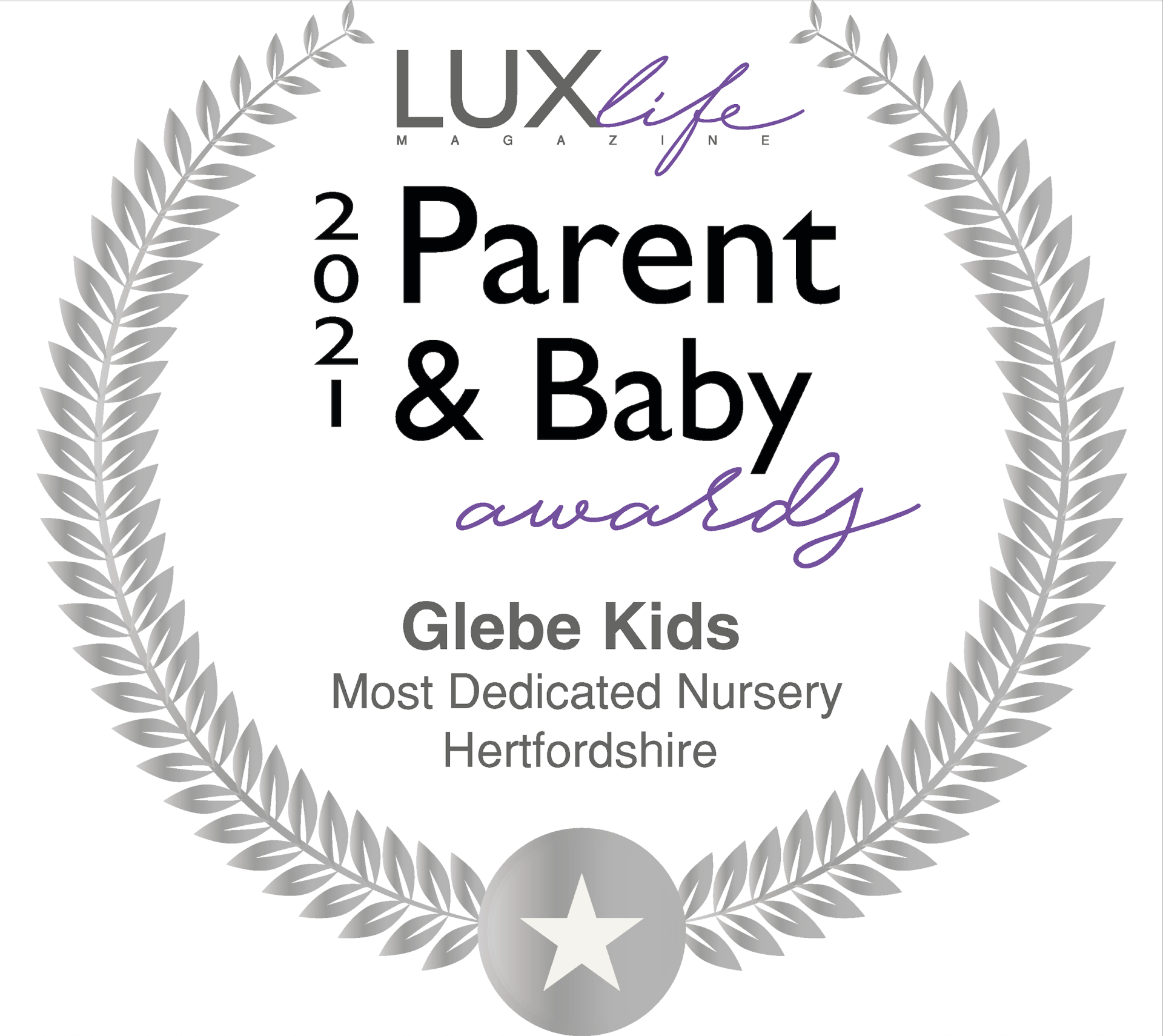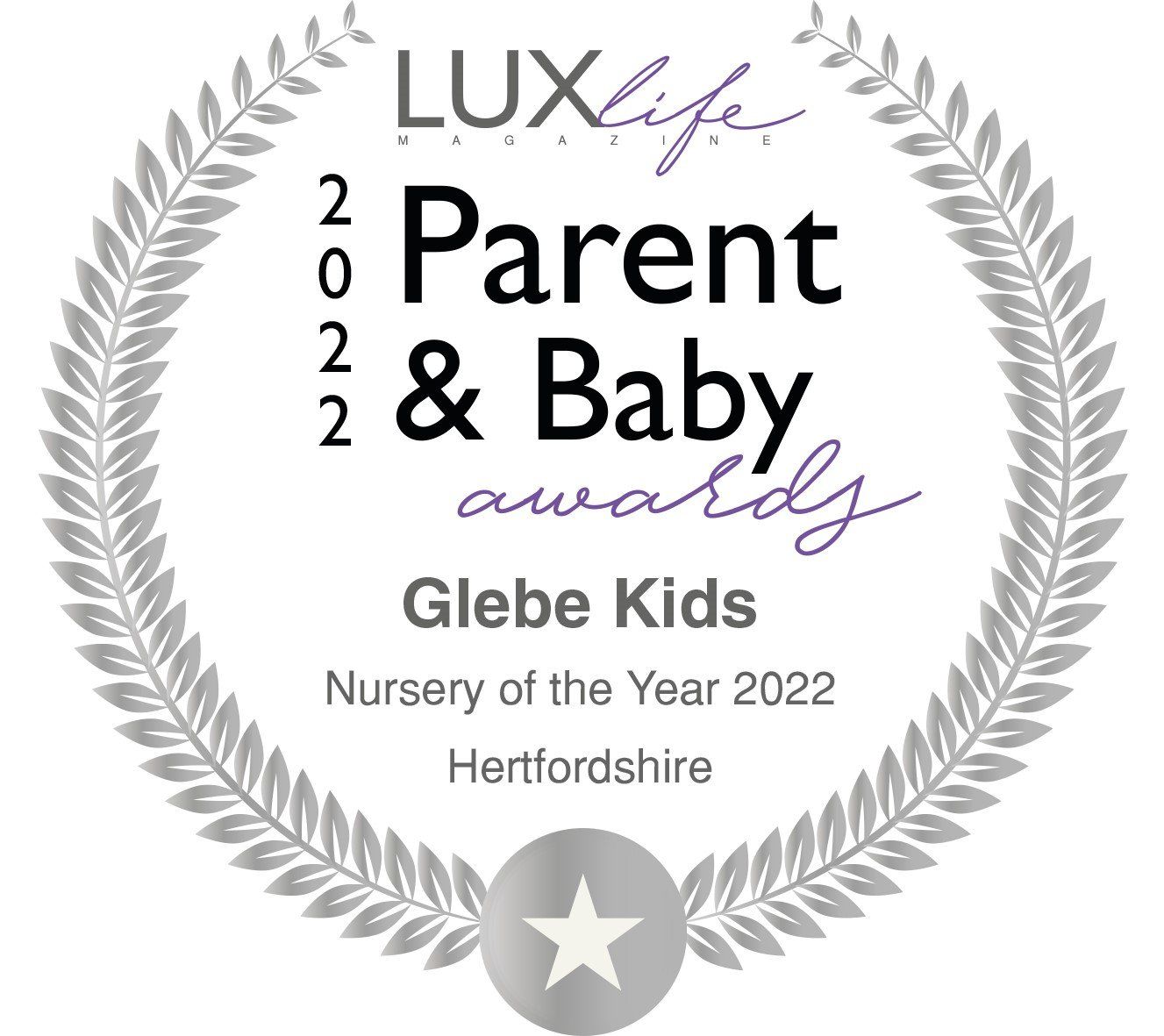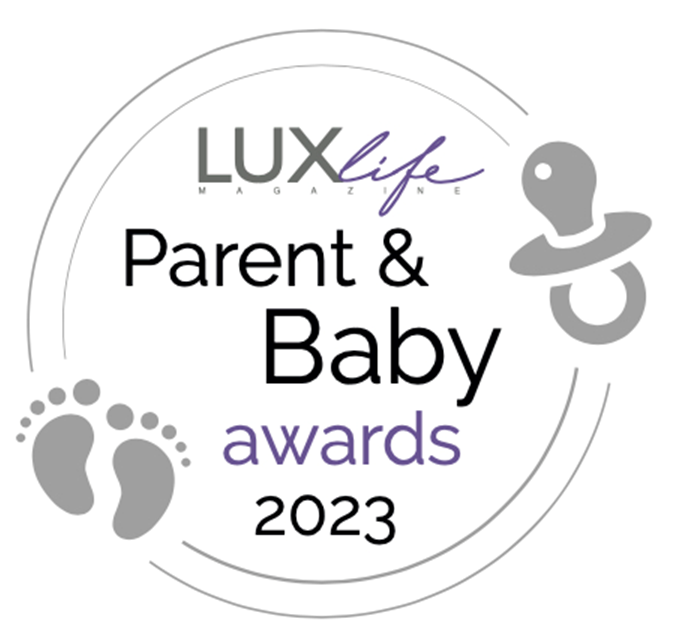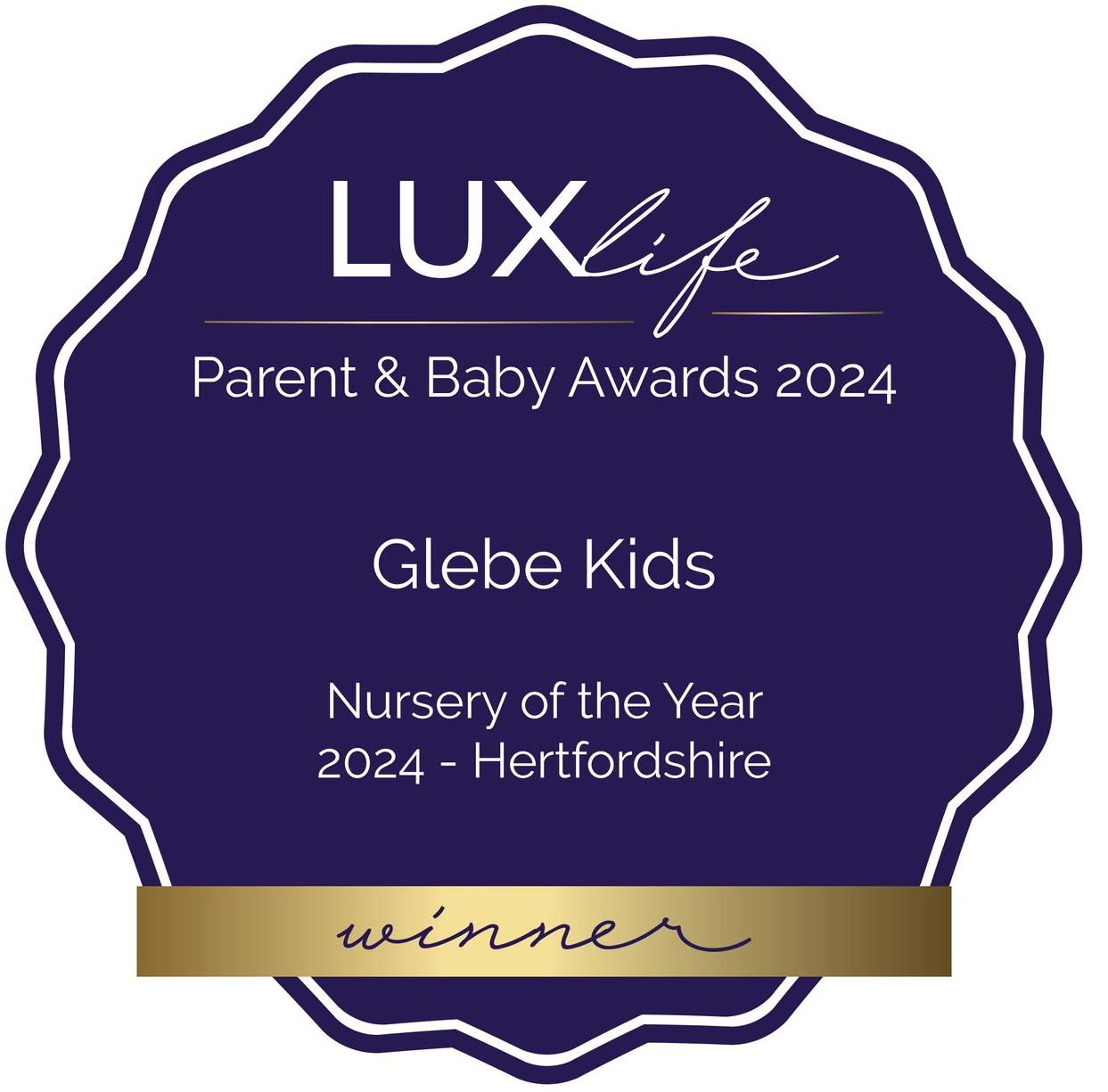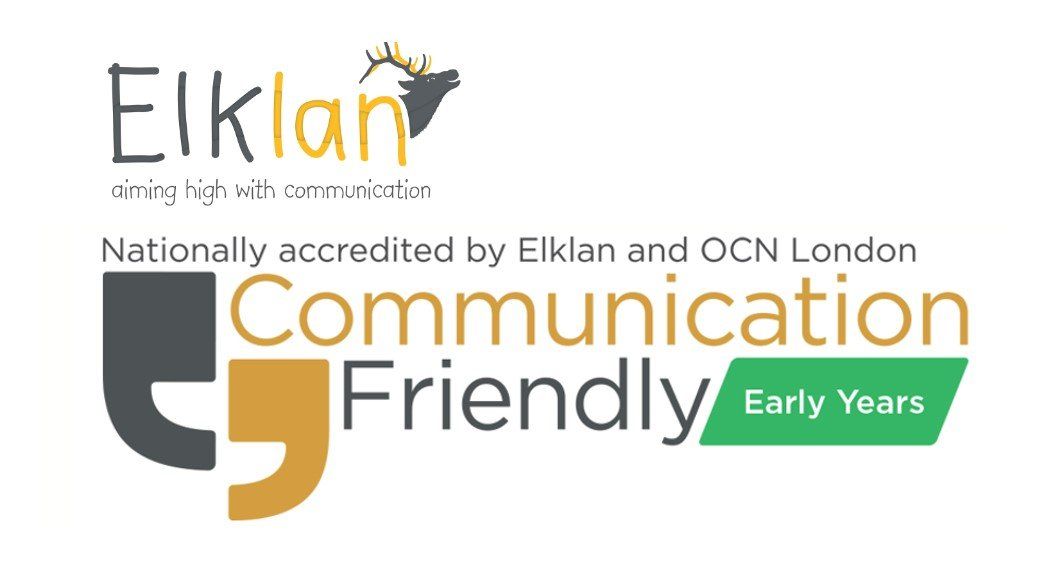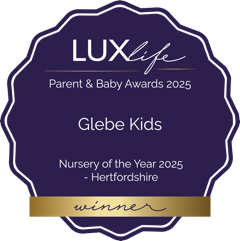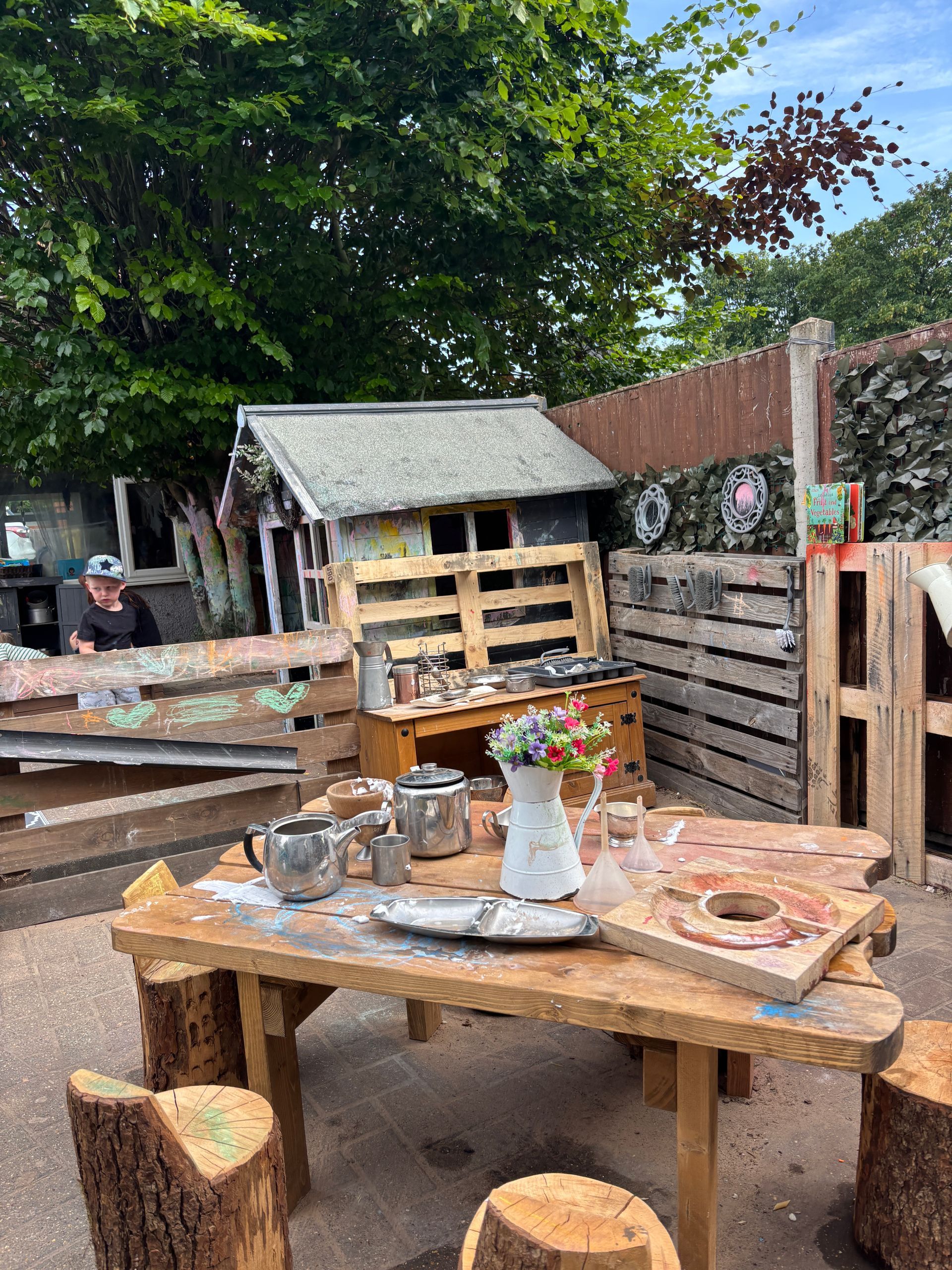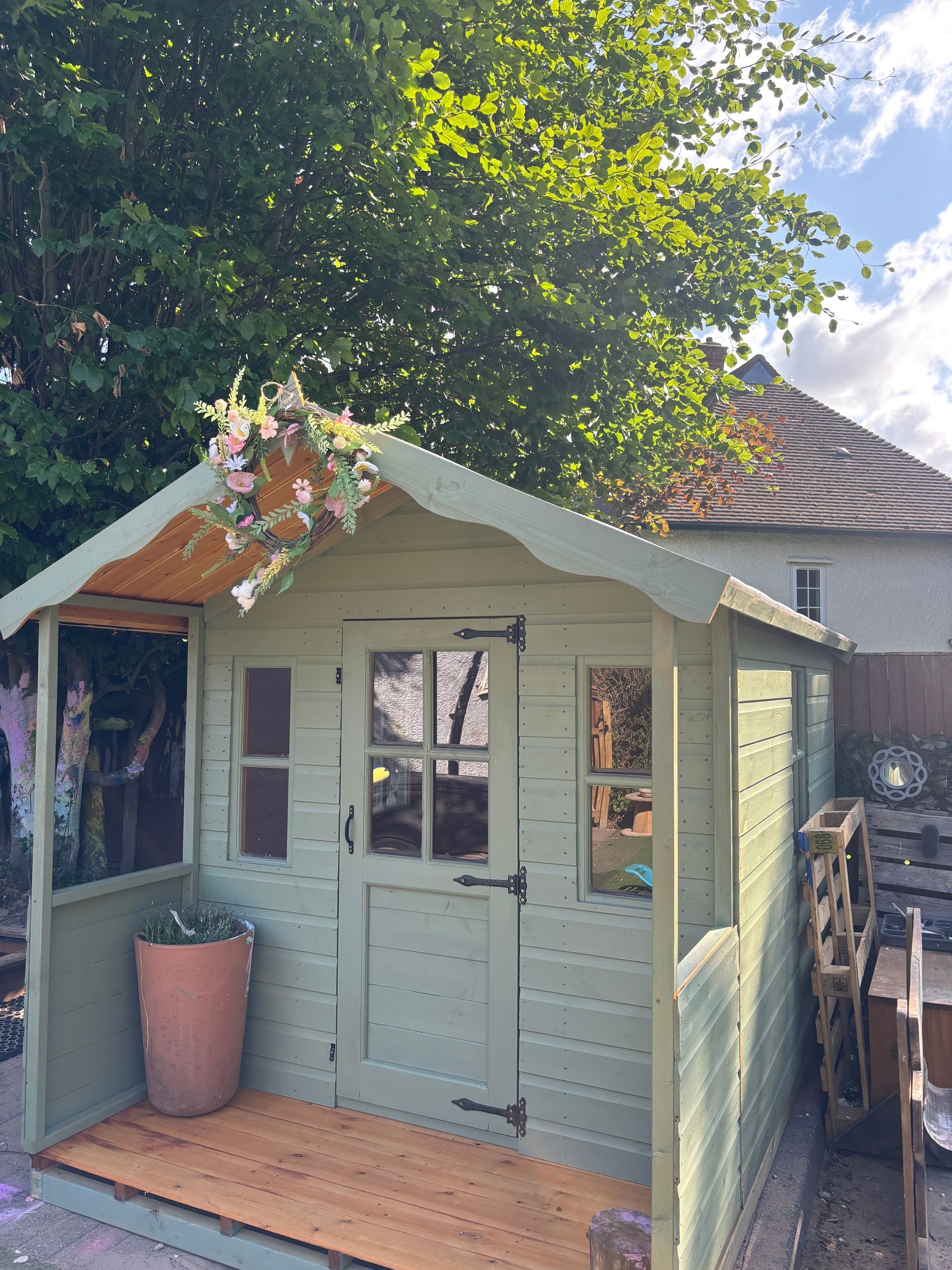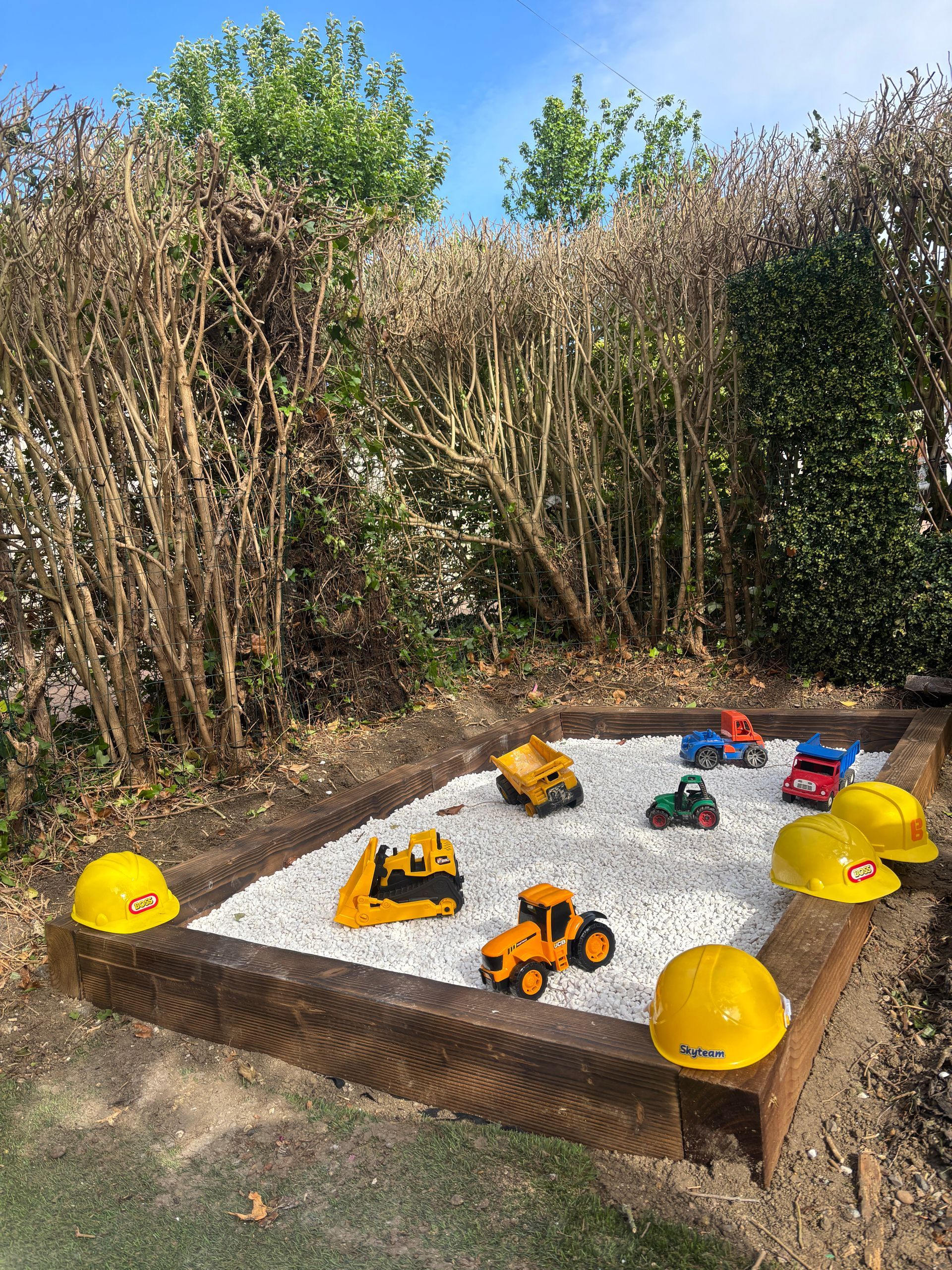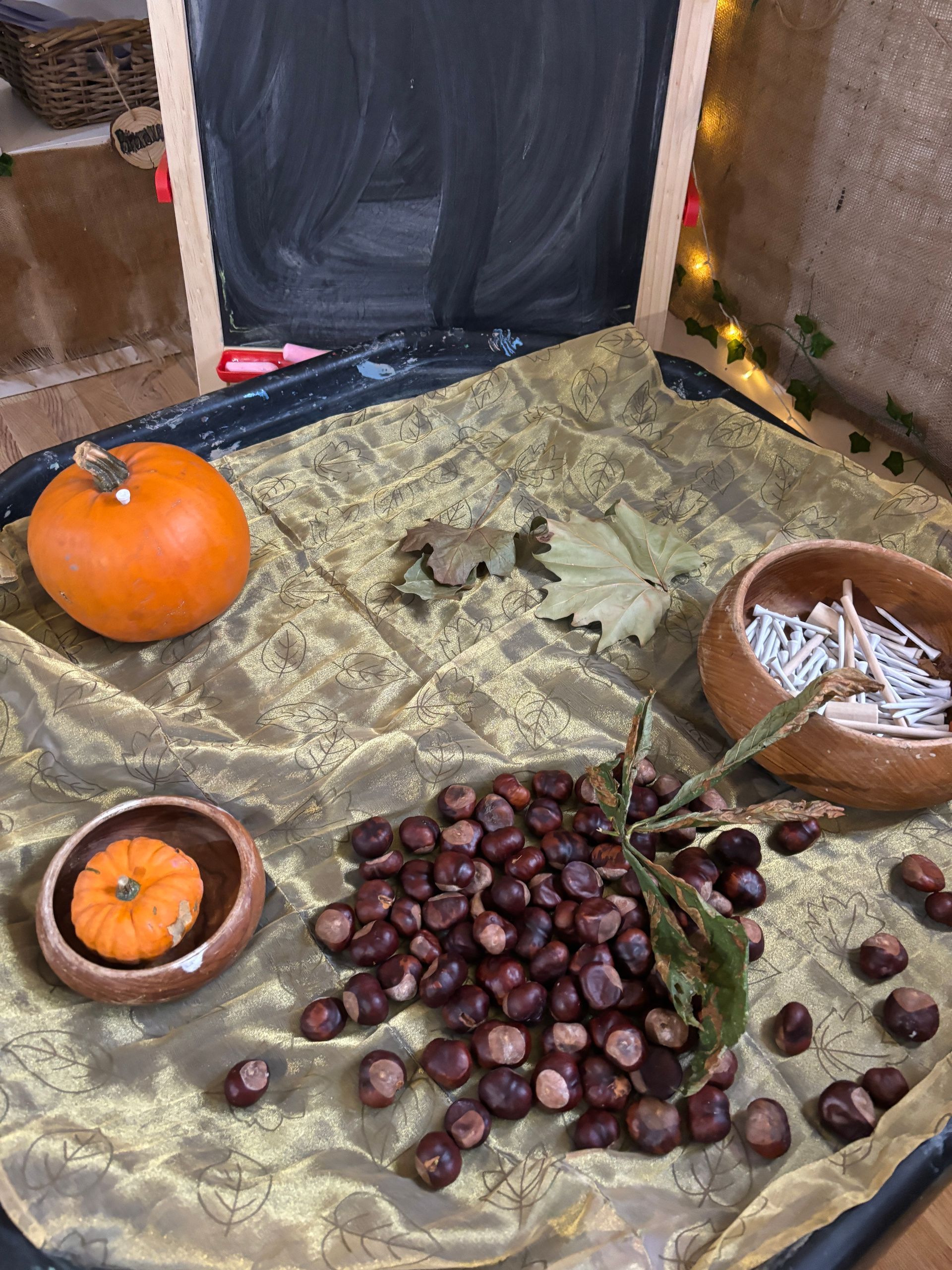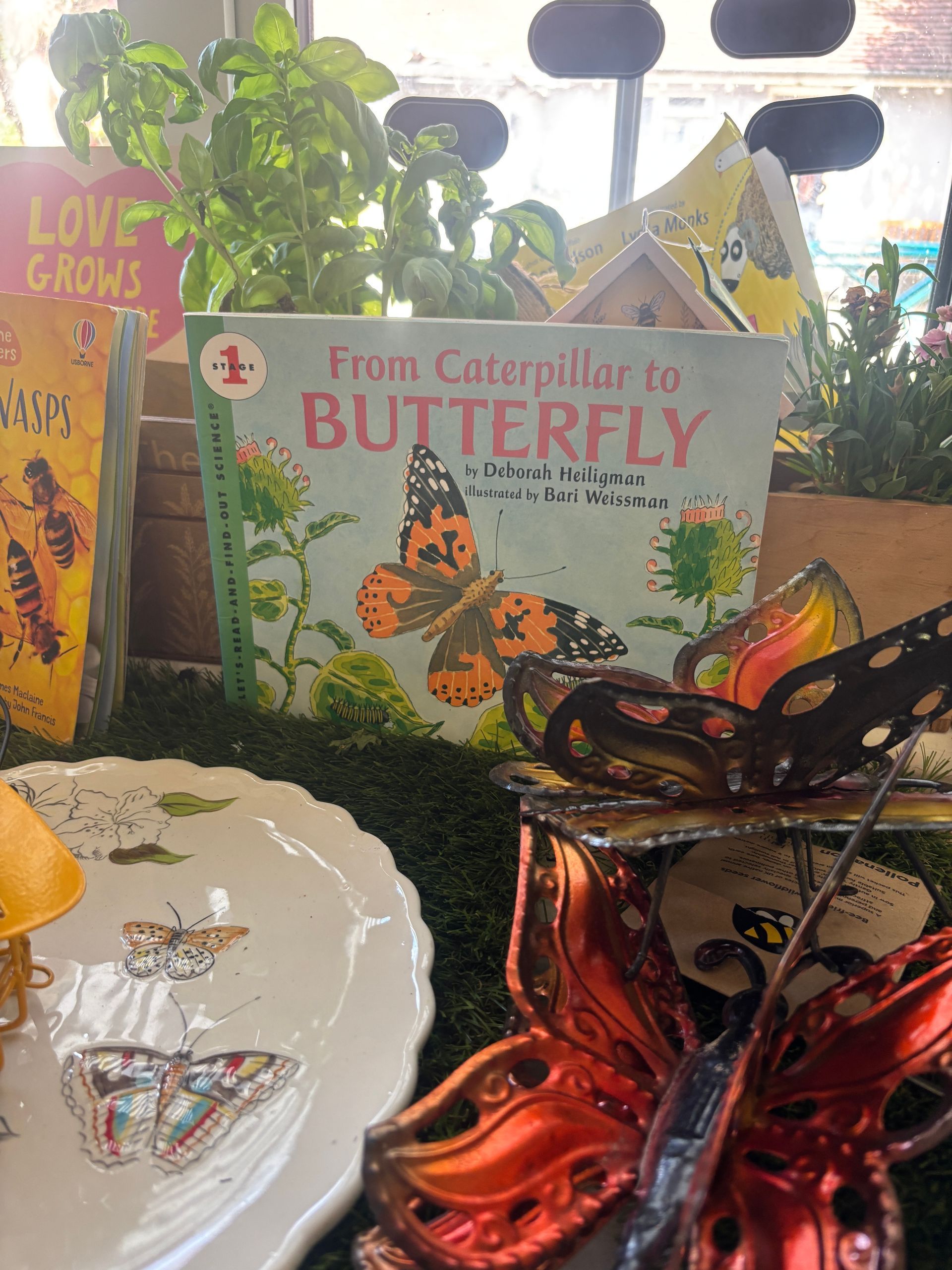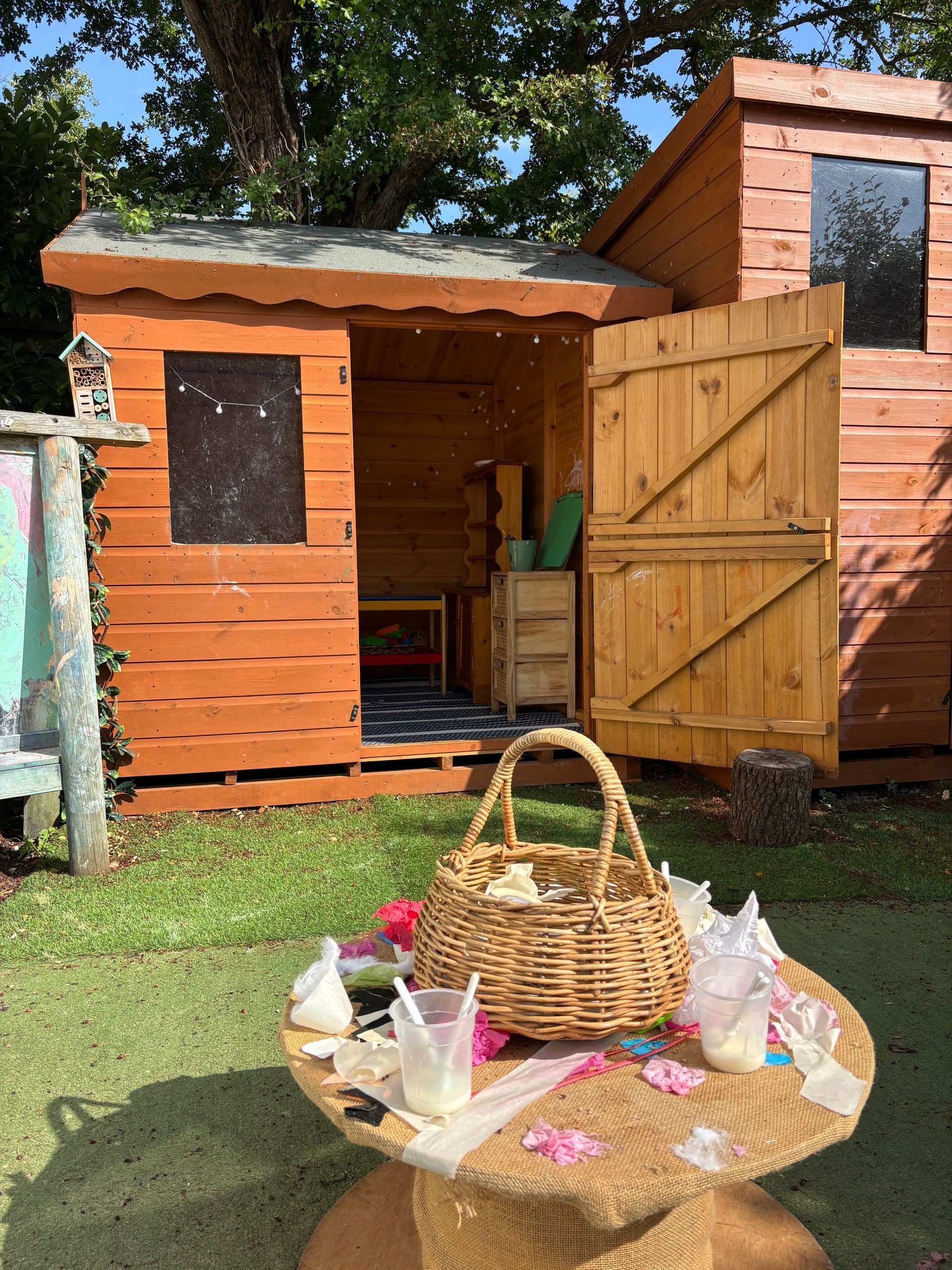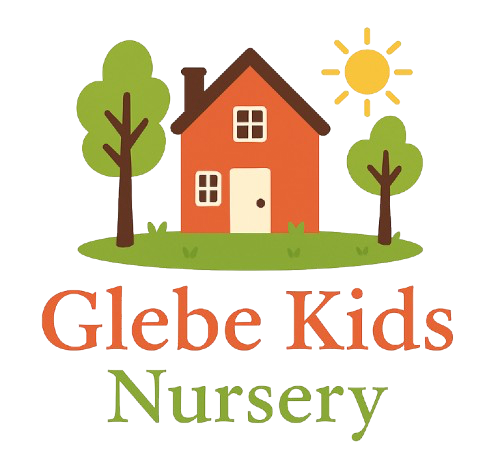About Glebe Kids Nursery
Our aim is to provide each child with a fun, caring and loving environment that also encourages them to be inquisitive and enquiring.
As they develop physically and emotionally, we aim for the children to be socially confident, constructive, creative, numerate, on the way to being literate and most importantly, extremely happy!
Above all, we believe the children should be having fun and that the best learning happens through play, play, and more play!
Make sure your child gets the best possible introduction to life. Our aim is for the children to leave us as strong individuals who know right from wrong and make good choices. We want them to be socially confident and have good senses of humour as we believe these attributes make the best (and happiest!) learners.
Our Commitment
Children are at the centre of our processes; we start with the child’s needs and then offer the flexibility to meet those needs.
Our commitment is to ensure play empowers the children in our care and supports their right to make their own choices, find solutions to their problems and develop in their own ways.
We do this by:
- Ensuring staff are sensitive to children’s needs and never try to control child’s play as long as it remains within safe and acceptable boundaries
- Providing a play environment that stimulates and provides opportunities for risk, challenge and growth of confidence
- Providing an environment that is hazard free and ensures physical and personal safety
- Ensuring every child in an individual and respected
- Being considerate and caring
- Ensuring that Glebe Kids Nursery is free of any form of discrimination (economic, racial, sexual, religious, cultural or otherwise)
- Ensuring all play is inclusive and that equality is always promoted
- Offering the opportunity for children to understand and explore the wider world
- Encouraging children to be sensitive to others
- Ensuring all play opportunities are in line with the current legislative framework relevant to children's rights, health, safety and well-being
Our Aims & Values
Our aim is to provide each child with a fun, caring and loving environment leading to a unique and positive learning experience that encourages them to be inquisitive and enquiring.
As they develop physically and emotionally, we aim for the children to be socially confident, constructive, creative, numerate, on the way to being literate and most importantly, extremely happy! To do this we provide an environment that stimulates curiosity and wonder in the children. We believe in children having time to access and create opportunities to explore real items, loose parts and open-ended play that allow them to truly engage and lead their own learning.
Children are born curious. They have an insatiable interest in learning and absorbing the world around them. Our aim is to truly embrace children’s natural curiosity, follow their lead, and place them at the heart of everything we do.Our wonderful team of experienced practitioners encourage and empower the children in their learning by providing a curriculum based on the children’s own interests, engaging with our local community, the natural opportunities that the seasons offer us and playful, exciting experiences and activities that develop essential skills.
We believe that every child’s learning needs and stage of development should be reflected in our curriculum and as a result they will access a nursery that is meaningful to them and allows them to develop the essential foundations for learning that will help them as they journey into primary school. Our aim is for the children to leave us as strong individuals. We want them to be socially confident and have good senses of humour as we believe these attributes make the best (and happiest) learners.
Our Curriculum
Purpose and Aims of the Early Years Foundation Stage
At Glebe Kids we support every child in developing to their full potential at their own pace. By means of developmentally appropriate play activities, in the moment planning, outdoor learning and individual adult input, we offer a curriculum which enables the children to progress towards the early learning goals by the end of the foundation stage.
The Early Years Foundation Stage is divided into seven areas of learning, three prime areas and four specific areas. Your child’s development and progress will be recorded in their Learning Journal.
Areas of Learning:
3 Prime Areas:
- Communication and Language
- Physical Development
- Personal, Social and Emotional Development
4 Specific Areas:
- Literacy
- Mathematics
- Understanding the World
- Expressive Art and Design
In The Moment Planning
Studies and reports have shown increased paperwork is detracting childcare practitioners from interacting closely with children. The impact that this has is that practitioners are spending less time engaging, nurturing, and supporting children’s learning and development.
Following the latest round of changes to the Ofsted Inspection Guidance (2019) and the Early Years Framework (2021), we have been gradually adopting elements of In the Moment planning into our day-to-day practice.
We want to explain to parents how we have reduced paperwork for our staff and provided them with more time to engage and inspire learning with the children in our care.
Introducing In The Moment Planning
Usually, parents are rarely involved in the planning or delivery of activities and learning that take place at their child’s nursery. But, imagine how enriched children’s experiences could be if their first educator were actively involved at a nursery level?
‘In the Moment’ planning is a relatively new concept in the Early Years sector; however, the theory and ideas behind it aren’t new at all.
Responsive parents and skilled practitioners use In the Moment planning every day without even realising it. Tuning into children’s learning by observing, listening, assessing, and planning how to respond has always been a fundamental part of our role as practitioners.
By incorporating In The Moment Planning into our curriculum, we can provide genuinely outstanding experiences to your children, as well as reduce heavy workloads for our staff.
Children are born curious. They have an insatiable interest in learning and absorbing the world around them.
Our aim by utilising In the Moment planning is to truly embrace children’s natural curiosity, follow their lead, and place them at the heart of everything we do.
So, What's Changed?
We used to pre-plan activities for children every week. These activities were based around the children’s interests. As these activities were carried out, children were observed, and the staff decided and recorded what ‘next steps’ to take to support the following week’s planning.
As you know, children’s interests and focuses change daily, which meant that waiting until the following day or week to create an activity based on a new interest was too late.
Additionally, practitioners had to complete several written observations of children every week. Written observations add heavily to workload, distract the practitioner from engaging with the child and aren’t always relevant to what is happening in practice.
With In the Moment planning the children are observed and supported with their next steps and new interests in that very moment.
There is no pre-documented planning as practitioners will be responding to children’s learning ‘in the moment’. Observations are still completed; however, they are completed different then put into your child’s Learning Book.
How Is It Achieved?
The nursery setting is organised so that each child can decide where to go, inside or outside, which resources to use, whether to be alone or with others and for how long they want to pursue an activity. By doing this they become deeply involved in their task and progress is happening constantly. However, their level of involvement may drop for a variety of reasons: they may not know what to do or how to do something, or how to use a piece of equipment, another child may be disrupting their play, or they may need something adding. When this happens, the child will seek help either from another child or an adult. This is when a practitioner will step in and assess what is needed for the child to carry on. This is what we would call a teachable moment. These moments will either be recorded as observations or WOW moments.
Observations
There are two types of observations which form part of our In the Moment approach:
Focus Week
Each week, we choose a group of children who will be part of a ‘focus group’ for the coming week.
Once the children have been selected, their parents will receive a form to fill out.
This form is designed to find out from parents what areas of interest, important celebrations, or milestone moments, that may be happening in their child’s life outside of nursery. Parents will need to make sure they bring the form back.
This request isn’t mandatory, though and your child will continue to the be part of the focus group for that coming week.
At the end of your child’s focus week we will stick all observations and pictures in your child’s learning journey. Ready for you to look at when you take them home for a couple of days. If it is not your child’s focus week please be assured that lot of leaning is still taking place as the environment will be carefully planned according to their needs and interests. We will still capture WOW moments as the occur. We would encourage parents to do the same and send us photos or notes about learning and what is happening away from nursery to help us build a complete picture of your child.
'Wow' Moments
‘WOW’ moments are an essential part of children's learning and development and should be recorded as a celebration of their achievement. WOW moments can be defined as moments when children do something independently for the first time, or where they have had a new experience. These moments will be photographed and captioned to put in a child’s learning journey.
Benefits of Outdoor Play
- The outdoor environment has unique characteristics and features.
- Outdoor learning has equal value to indoor learning.
- Outdoor learning has a positive impact on children’s well-being and development.
- Outdoor learning enhances children's play experiences as it is richly resourced with open ended play materials that can be adapted and used in different ways.
- Outdoor learning encompasses all that children do, see, hear or feel in their outdoor space.
Play and learning that flows seamlessly between indoors and outdoors enables children to make the most of the resources and materials available to them and develop their ideas without unnecessary interruption.
Staff can respond to children's spontaneous interests and ideas as well as enabling children to have first-hand experiences of the naturally occurring cyclical opportunities linked to the seasons, weather and nature.
Why Is Outdoor Learning Important?
- Supports the development of healthy and active lifestyles.
- Offers children opportunities for physical activity, freedom and movement.
- Promotes a sense of confidence and well-being.
- Provides opportunities for developing relationships and cooperating with others.
- Supports children who learn best through activity or movement.
- Provides safe and supervised opportunities for children to experience new challenges.
- Helps children to assess and experience small risks and develop the skills to solve problems.
- Provides rich opportunities for imagination, inventiveness, and resourcefulness.
- Gives children contact with their environment.
A Typical Day At Glebe Kids
8.30am - 9.00am: Arrival of all children and the morning session starts.
8.30am - 11.15am: Indoor/Outdoor play/planning in the moment (one-to-one time with children)
9.20am - 10.20am: Snack time in small groups
11.15am - 11.45am: Nursery group time (different groups)
11.45am - 11.50am: Tidy up time
12.00pm: Home time/Arrival
11.50am - 12.20pm: Wash hands, sit down for lunch
12.30pm - 2.30pm: (1.00pm home time) Indoor/Outdoor play
Planning in the moment
2.30pm - 2.50pm: Tidy up time, Nursery group time e.g. story, singing and signing, yoga
2.50pm - 3.00pm:
Home time
